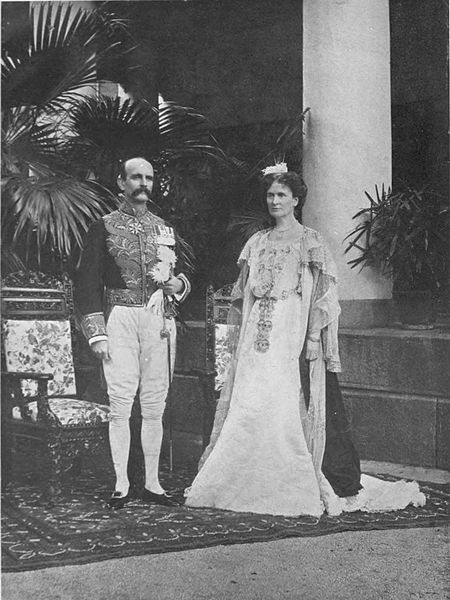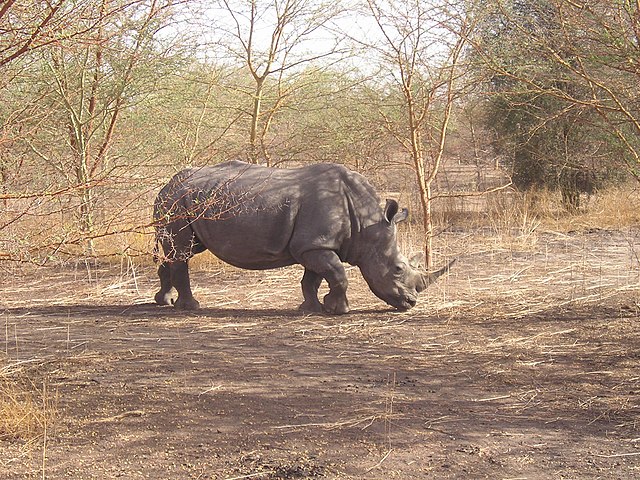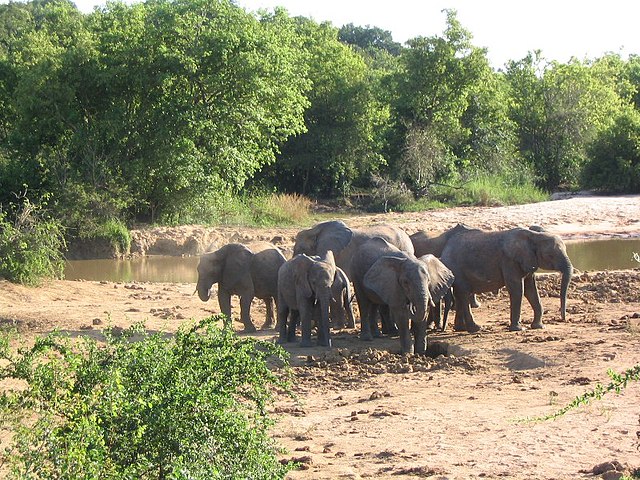Nigeria, officially the Federal Republic of Nigeria, is a country in West Africa. It is situated between the Sahel to the north and the Gulf of Guinea to the south in the Atlantic Ocean. It covers an area of 923,769 square kilometres (356,669 sq mi), and with a population of over 230 million, it is the most populous country in Africa, and the world's sixth-most populous country. Nigeria borders Niger in the north, Chad in the northeast, Cameroon in the east, and Benin in the west. Nigeria is a federal republic comprising 36 states and the Federal Capital Territory, where the capital, Abuja, is located. The largest city in Nigeria is Lagos, one of the largest metropolitan areas in the world and the largest in Africa.
Nok sculpture, terracotta
Royal Benin ivory mask, one of Nigeria's most recognized artifacts. Benin Empire, 16th century.
Depiction of Benin City by a Dutch illustrator in 1668. The wall-like structure in the centre probably represents the walls of Benin, housing the Benin bronze decorated historic Benin City Palace.
The Lord and Lady Lugard, 1908
West Africa or Western Africa is the westernmost region of Africa. The United Nations defines Western Africa as the 16 countries of Benin, Burkina Faso, Cape Verde, The Gambia, Ghana, Guinea, Guinea-Bissau, Ivory Coast, Liberia, Mali, Mauritania, Niger, Nigeria, Senegal, Sierra Leone, and Togo, as well as Saint Helena, Ascension and Tristan da Cunha. The population of West Africa is estimated at 419 million people as of 2021, and at 381,981,000 as of 2017, of which 189,672,000 were female and 192,309,000 male. The region is demographically and economically one of the fastest growing on the African continent.
A rhinoceros in Bandia Nature Reserve, Senegal
African bush elephants in Yankari National Park, Nigeria
Deforestation in Nigeria.
Satellite imagery from outer space of West Africa








